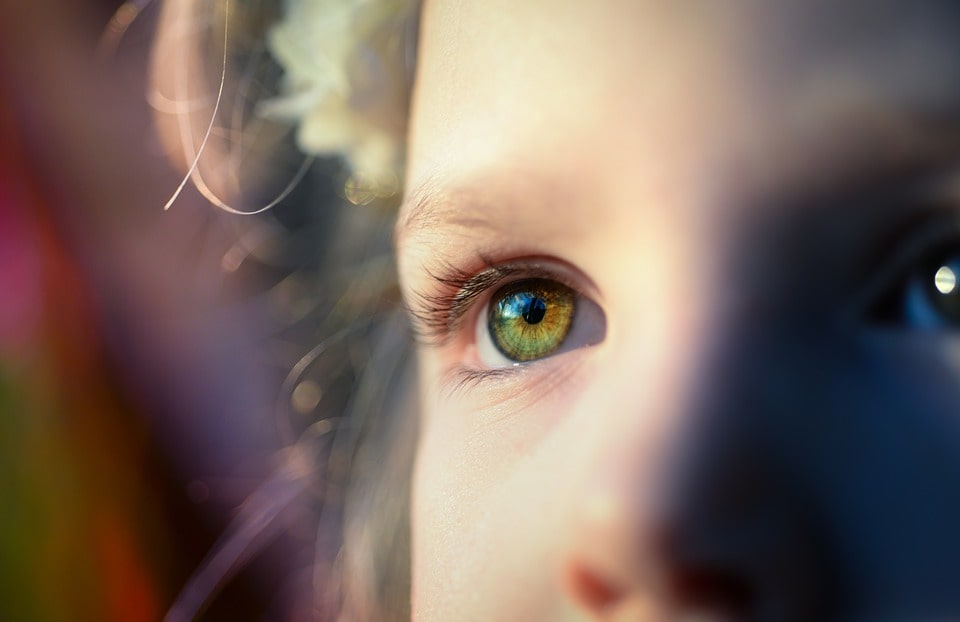
Eye
Eye health can be harmed, basically, by congenital diseases, genetic or not, which can affect only the eyes or other parts of the body, eye trauma, and diseases that can be avoided with basic care and hygiene of the eye region. And, to top it off, each season of the year brings diversified possibilities for the appearance of eye ailments of all proportions, from just mild annoyances to more serious problems.
Therefore, following the tips below is essential for you to enjoy good eye health and avoid diseases whose control is literally in our hands. From them, you’ll learn that your ancestors were right in the advice they gave you for life: when it comes to the eyes, it’s far better to be safe than sorry.
1. Don’t Scratch Your Eyes Hard Or Constantly
Sometimes the itchy sensation in the eye area is so intense that it’s irritating – but giving in to this temptation is worse than most people might predict. Scratching your eyes only makes you want to scratch even more, and it can also cause serious problems, such as injuries from finger pressure on the eye, which is a very sensitive area. Keratoconus and retinal detachment are some of them.
You should see an ophthalmologist like Lasik in Chicago amongst others to identify and treat the cause of the itchy or irritated eyes and thus avoid the consequences of excessive scratching.
2. Handle Your Contact Lenses Correctly
Those who wear contact lenses must have strict hygiene, not only when putting them on or removing them from the eye. The lens case must always be clean and correctly closed, and the lens must always be fully immersed in an appropriate solution to avoid contamination.
When handling contact lenses, your hands should be clean, and the pressure applied to place them on your eye should be very light. Avoid sleeping with your contact lenses and never put water, even if clean, in place of the solution indicated for their conservation. If they are disposable, don’t abuse them by exceeding the recommended time to discard them either. It can be a nut economy that will have even irreversible consequences for your vision.
3. Do Not Put Dirty Hands In Contact With Your Eyes
When something irritates our eyes, whether it’s a mote, sweat, or itchiness, our immediate reaction is to reach out to them to relieve the discomfort quickly. However, human hands are constantly dirty and are a means of transporting viruses and bacteria. Therefore, to avoid serious vision problems, always clean your hands with soap and running water before putting them in your eyes, especially after using the bathroom.
4. Do Not Use Any Drops
A serious mistake for those who are not very aware of the health of their eyes is to go to the pharmacy and ask for any eye drops when they feel some eye discomfort. This practice is dangerous and can turn a problem that is simple to be solved into severe and even irreversible eye disease, such as, for example, glaucoma caused by the abuse and without medical control of eye drops based on corticosteroids. Therefore, never self-medicate, especially about the eyes. When you feel any discomfort, no matter how small, seek the help of an ophthalmologist to find out what is the best way to treat it.
5. Always Visit The Ophthalmologist
It is advisable to go to the optician’s office once a year to take care of the eyes, but, despite an annual checkup being the most usually recommended, especially for those who have vision problems such as nearsightedness and astigmatism, there is no law saying you can only visit your doctor within 365 days.
The ophthalmologist like Lasik in Chicago amongst others is at your disposal to take care of the health of your eyes at any time, in case of any eye complaints or discomfort you may have, and it is he who will show you the best form of treatment for the eye problem you may have.
Your ophthalmologist will also tell you how often you should have your eye exams, depending on your case, whether after surgeries, as you age, to prevent or control eye diseases that you may already have and are being treated.





